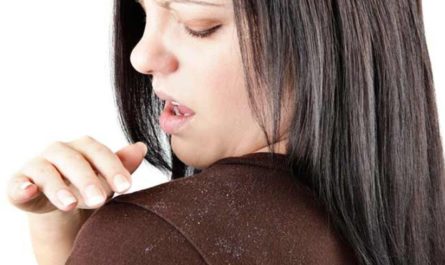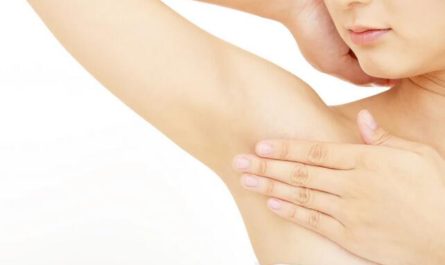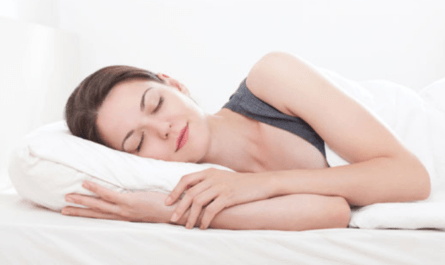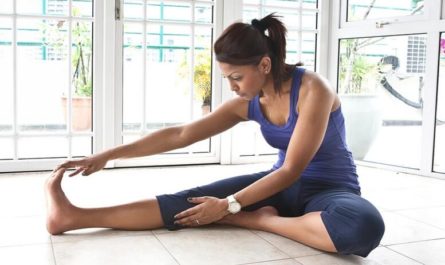Sneezing is a natural bodily function that helps us expel irritants from our respiratory system. While sneezing occasionally is normal, frequent and uncontrollable sneezing can be bothersome and disruptive to our daily lives. You’ve come to the right place if you’re tired of sneezing and looking for effective ways to stop it quickly. This article will explore the 20 best easy ways to stop sneezing fast.
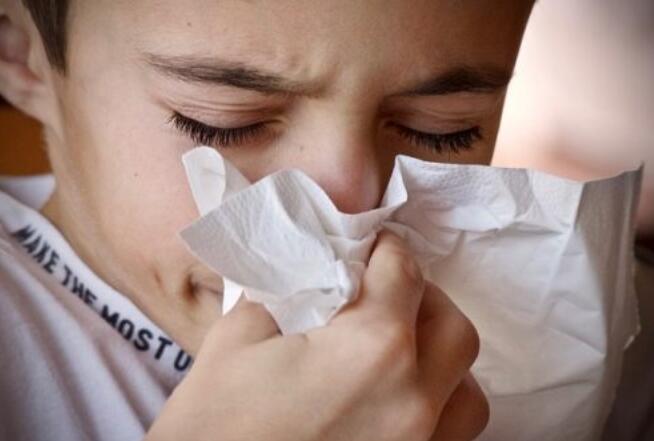
20 Easy Ways to Stop Sneezing Fast and Naturally
1. Understand the Causes of Sneezing
To effectively stop sneezing, it’s crucial to understand the underlying causes. Sneezing can be triggered by various factors, including allergies, irritants, colds, and nasal congestion. By identifying the root cause of your sneezing, you can tailor your approach to stop it more effectively.
2. Keep Your Environment Clean
One of the easiest ways to prevent sneezing is to maintain a clean and dust-free environment. Regularly dust and vacuum your living space to remove allergens and irritants that may trigger sneezing.
3. Stay Hydrated
Drinking adequate water throughout the day can help keep your nasal passages hydrated and reduce the frequency of sneezing.
When your nasal passages are dry, they are more prone to irritation, which can lead to sneezing. Aim to drink at least eight glasses of water daily to stay properly hydrated.
4. Use a Saline Nasal Spray
Saline nasal sprays are a simple yet effective way to moisturize your nasal passages and alleviate sneezing.
The saline solution helps flush out irritants and allergens, relieving sneezing and congestion. Use a saline nasal spray several times daily or as your healthcare professional directs.
5. Employ Steam Inhalation
Inhaling steam is a traditional remedy that can help relieve sneezing and nasal congestion. Fill a bowl with hot water, place your face over it, and cover your head with a towel to trap the steam. Breathe deeply for about 10 minutes to allow the steam to moisten your nasal passages and reduce sneezing.
6. Try Over-the-Counter Antihistamines
If your sneezing is caused by allergies, over-the-counter antihistamines can provide temporary relief. These medications work by blocking the release of histamine, a chemical your body produces in response to allergens. Follow the instructions on the packaging and consult a pharmacist or healthcare professional if needed.
7. Apply a Warm Compress
When sneezing is accompanied by nasal congestion, a warm compress can help alleviate discomfort and reduce sneezing.
Place a warm towel or compress over your sinuses for a few minutes to soothe the area and promote nasal drainage. This can help relieve congestion and minimize sneezing.
8. Use Nasal Decongestants
Over-the-counter nasal decongestant sprays can temporarily relieve sneezing by reducing nasal congestion. These sprays constrict blood vessels in the nasal passages, which helps decrease swelling and alleviate sneezing.
However, it’s important to use them only as directed and avoid long-term use to prevent dependency.
9. Practice Good Hand Hygiene
Many respiratory infections and colds are transmitted through contact with contaminated surfaces.
Practice good hand hygiene to prevent sneezing caused by viral or bacterial infections. Wash your hands frequently with soap and water for at least 20 seconds, especially before touching your face or eating.
10. Manage Stress Levels
Stress can weaken your immune system and make you more susceptible to sneezing and other respiratory issues.
Stress-reducing activities such as yoga, meditation, or deep breathing exercises can help control your sneezing episodes. Find relaxation techniques that work for you and incorporate them into your daily routine.
11. Use a Humidifier
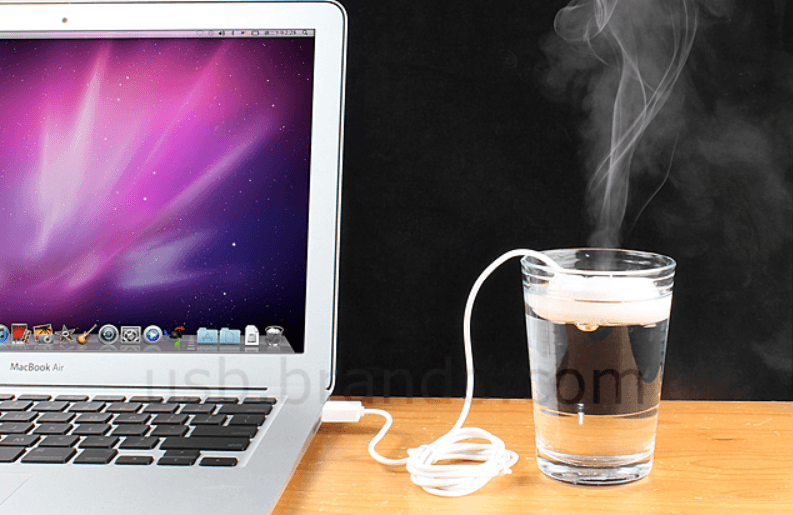
Dry air can irritate your nasal passages and trigger sneezing. Using a humidifier in your home or office can add moisture to the air and help alleviate sneezing. Opt for a cool-mist humidifier and ensure proper cleaning and maintenance to prevent the growth of mold or bacteria.
12. Avoid Triggers
Identify and avoid triggers that commonly cause sneezing for you. These triggers include pollen, pet dander, dust mites, certain foods, and strong odors.
You can significantly reduce sneezing episodes by minimizing exposure to these allergens and irritants.
13. Stay Active and Exercise Regularly
Regular physical activity can help improve your overall health and strengthen your immune system. Exercise releases endorphins, which can reduce stress and boost your mood. A stronger immune system and reduced stress levels can contribute to fewer sneezing episodes.
14. Avoid Smoking and Secondhand Smoke
Cigarette smoke and other forms of smoke can irritate your nasal passages and trigger sneezing. If you smoke, quitting is the best option for your overall health. Also, avoid secondhand smoke exposure, as it can have similar effects.
15. Stay Away from Cold and Flu Viruses
Cold and flu viruses can cause sneezing, among other symptoms. To minimize your risk of catching these viruses, practice good hygiene, such as washing your hands frequently, avoiding close contact with sick individuals, and getting vaccinated against the flu annually.
16. Consume Vitamin C-Rich Foods
Vitamin C is known to boost the immune system and help fight off allergies and colds, which can lead to sneezing. Incorporate foods rich in vitamin C into your diet, such as oranges, strawberries, kiwi, and bell peppers, to help reduce sneezing episodes and strengthen your immune system.
17. Avoid Strong Perfumes and Fragrances
Strong perfumes, colognes, and other fragrances can irritate your nasal passages and trigger sneezing. Opt for fragrance-free or hypoallergenic products for yourself and your environment. This can help minimize sneezing caused by fragrance sensitivity.
18. Keep Windows Closed During Pollen Season
If you’re prone to sneezing due to pollen allergies, keeping your windows closed during peak pollen seasons is best.
This will help prevent pollen from entering your living spaces and triggering sneezing. Using air purifiers with HEPA filters can further improve indoor air quality.
19. Practice Nasal Breathing Techniques
Breathing through your nose rather than your mouth can help filter and warm the air you breathe, reducing the chances of irritants triggering sneezing.
Practice conscious nasal breathing throughout the day and especially during physical activities or situations where you may be exposed to potential allergens.
20. Try Acupuncture
Acupuncture, an ancient Chinese practice, involves the insertion of thin needles into specific points on the body to restore balance and alleviate symptoms.
Some studies suggest that acupuncture can help reduce sneezing and improve respiratory health. Consult a licensed acupuncturist to explore this option further.
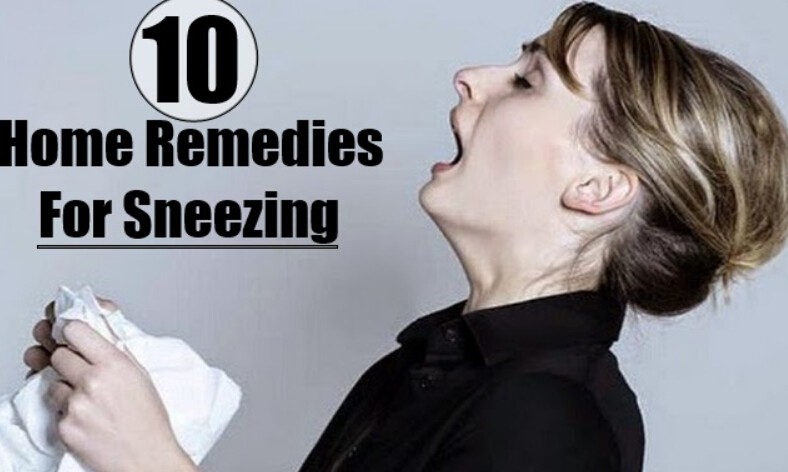
FAQs
1. Can spicy foods help stop sneezing?
Spicy foods can help clear nasal passages and reduce sneezing for some individuals. However, it may not work for everyone, and listening to your body’s response is important.
2. Should I see a doctor if my sneezing persists?
If your sneezing persists for an extended period, is accompanied by other severe symptoms, or significantly affects your quality of life, it’s advisable to consult a healthcare professional for a proper diagnosis and appropriate treatment.
3. Can sneezing be a sign of an underlying health condition?
Yes, frequent and persistent sneezing can sometimes indicate an underlying health condition, such as allergies, sinusitis, or rhinitis. If you have concerns, it’s best to consult a healthcare professional for an evaluation.
4. Is it possible to completely stop sneezing forever?
Sneezing is a natural reflex of the body and serves a protective function. While it may not be possible to eliminate sneezing completely, you can manage and reduce its frequency by following the tips mentioned in this article.
5. Are there any medications that can stop sneezing permanently?
Medications may temporarily relieve sneezing but typically do not offer a permanent solution. Identifying and addressing the underlying cause of your sneezing is important to find long-term relief.
Conclusion
Sneezing can be an annoyance, but with the right strategies, you can minimize its impact on your daily life. With these 20 best ways, you’ll be on your way to enjoying a sneeze-free existence.


